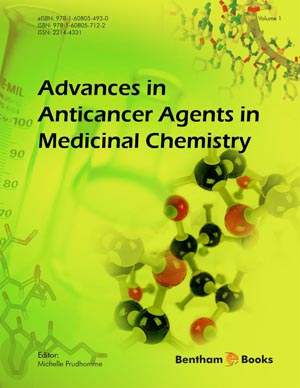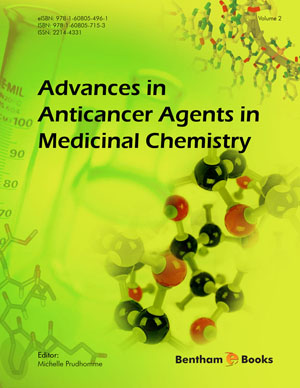Abstract
Oxidative stress occurs due to the combination of excess reactive oxygen species and insufficient antioxidant capacity. Oxidative stress has been correlated with endothelial dysfunction, the pathogenesis of atherosclerosis as well as with high incidence of cardiovascular disease. A variety of antioxidants has been studied, during the past few years, for the prevention and treatment of atherosclerosis. Early observational studies, focusing on dietary antioxidants, demonstrate an inverse association between antioxidant intake and major cardiovascular events, and supported a number of largescale, randomized, placebo-controlled clinical trials, which investigated the effect of selected antioxidant therapies on primary and secondary cardiovascular prevention. However, the findings appear controversial, since disappointing results have been reported from many studies with little or no decrease in cardiovascular risk while others showed significant reduction of the oxidative stress and improvement of endothelial function. A few rational explanations of these controversial findings have been proposed and should be taken into account in future clinical studies. This chapter provides contemporary data concerning pathophysiology of oxidative stress, its relation to atherogenesis and the potential role of antioxidant therapy in reducing cardiovascular risk via primary and secondary prevention.
Keywords: Antioxidants, atherosclerosis, cardiovascular risk, clinical trial, Coronary Artery Disease, diet, endothelial dysfunction, free radicals, hyperlipidemia, hypertension, inflammatory markers, nitric oxide, oxidase enzymes, oxidative markers, oxidative stress, patients, primary prevention, reactive oxygen species, secondary prevention, supplementation, vitamins




















